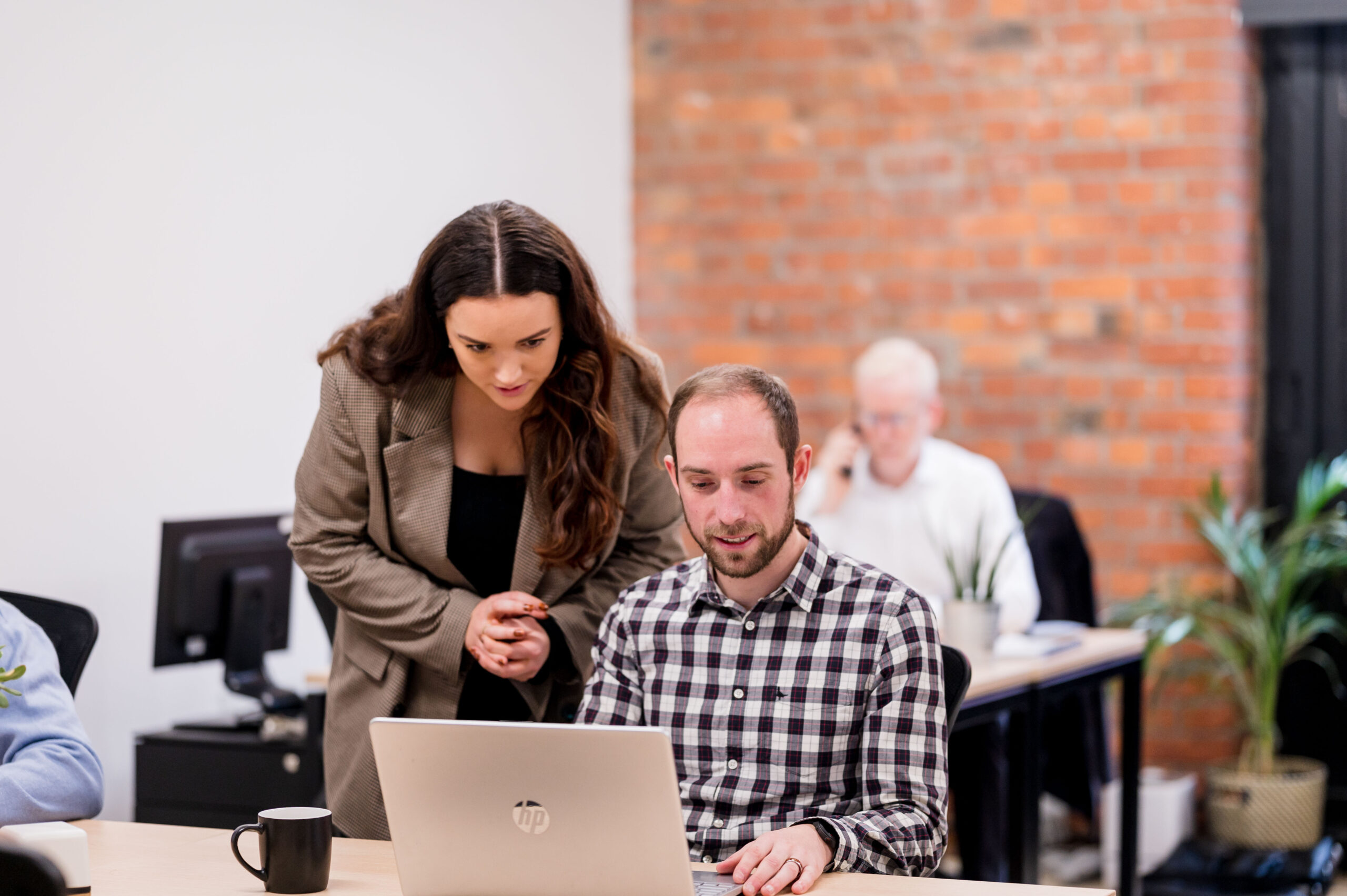PULSAR is a workwear manufacturing company, their team are technical garment specialists and are ready to help and work out solutions to problems. All of their designs are hand-crafted and their supply chain partners are only chosen if they are promoting human rights and better working conditions.
The company has been engaging in sustainability since 2019/2020, addressing improvable areas as the team grows in the knowledge of the wider impacts of their operations on the planet.
The Challenge
Although PULSAR had engaged with some sustainable practices before engaging with Positive Planet, they were aware that more knowledge was needed when understanding the business functions and how these affect business emissions.
Due to a lack of understanding and expertise around this, and a need to better understand the changing industry and environmental landscape, the business looked for external assistance to help home-in on their sustainability piece.
The business wanted to partner with an organisation that could guide, educate and help implement a strategy with the right language and goals in mind.
The Positive Planet Solution
Following their search for a consultancy that fit, Positive Planet’s seamless process made PULSAR’s decision a no-brainer. To better understand their business functions and emissions, the Positive Planet team supported PULSAR in gathering data on emissions and energy usage, before providing a full carbon footprint measurement.
After sitting down to analyse the data, the process has continued into the carbon reduction phase, where the company will now act on measurement findings to reduce energy consumption where realistically possible in the short term. With in-depth plans for carbon reductions in the long term taking place.
Members of the PULSAR team also took part in Positive Planet’s Carbon Literacy Training course, with accreditation available upon successful completion, a qualification recognised by the United Nations. PULSAR employees who engaged in the course were able to gain a deeper understanding of the data behind climate change and how to measure it.
As well as learning how to use certain language to address the subject and communicate with peers which has enabled them to engage PULSAR’s wider workforce in the issue of climate change.

“We’re really pleased to have partnered up with Positive Planet in helping us measure our Scope 1, 2, & 3 emissions as a business, and helping with the visibility of our largest footprint within head office operations. The process has been very slick and we’ve had great support with any questions that have arisen.
Debbie Huntley, Sustainability Manager, PULSAR UK
We’re really excited to continue our journey in working alongside Positive Planet to implement a reduction plan and become an even more conscious company of our impact on our environment and help encourage internal behavioural change.”
The Benefits
PULSAR’s decision to engage with Positive Planet has had several positive impacts. First and foremost, PULSAR now has the knowledge and visibility of where their emissions are coming from. This, combined with a heightened understanding of carbon emissions, means PULSAR is well-positioned to make continuous progress in reducing their environmental impact.
Immediate benefits have seen PULSAR able to answer scope 1, 2, and 3 questions that continue to be raised. Whilst, longer-term benefits consist of PULSAR making numerous business changes that will promote behavioural change and future-proof the business. But our job at Positive Planet is not done. PULSAR can continue along this journey with support from the Positive Planet team to ensure they’re making credible changes and improving best practices.
Next Steps
For PULSAR, the next steps include implementing a strategy put forward by the team in making changes to the business to reduce emissions going forward. They also have plans to work closely with their supply chain to have them monitor and report on their own emissions as part of producing PULSAR goods, helping to reduce scope 3 emissions.
There are also plans to dive into their product impact to explore more innovative ways to reduce their environmental impact.
